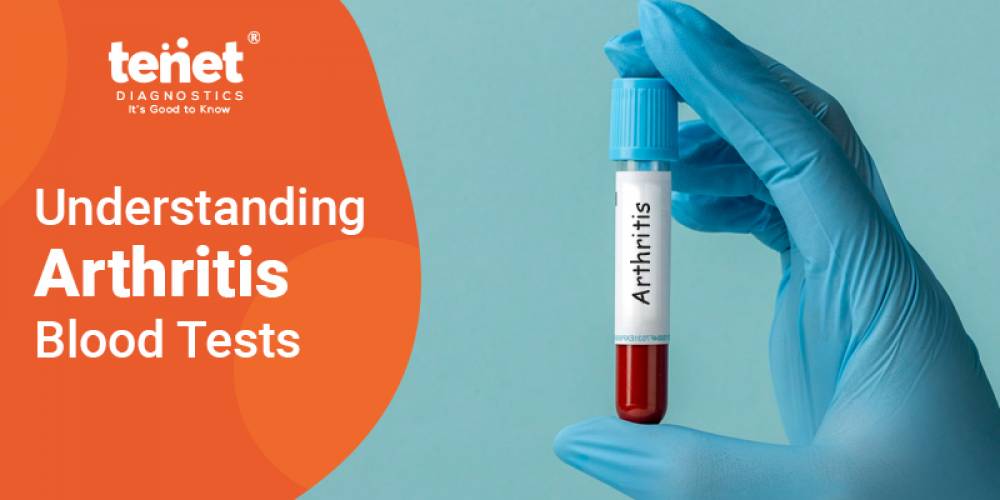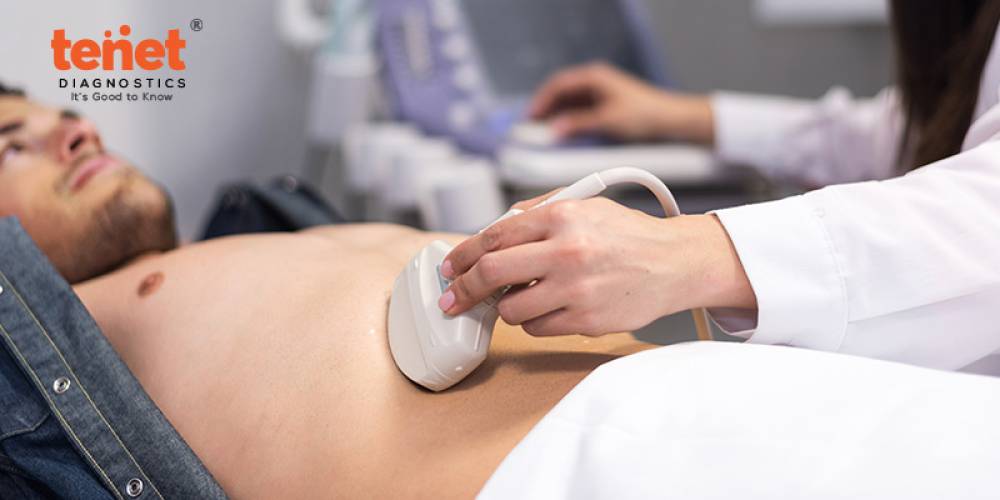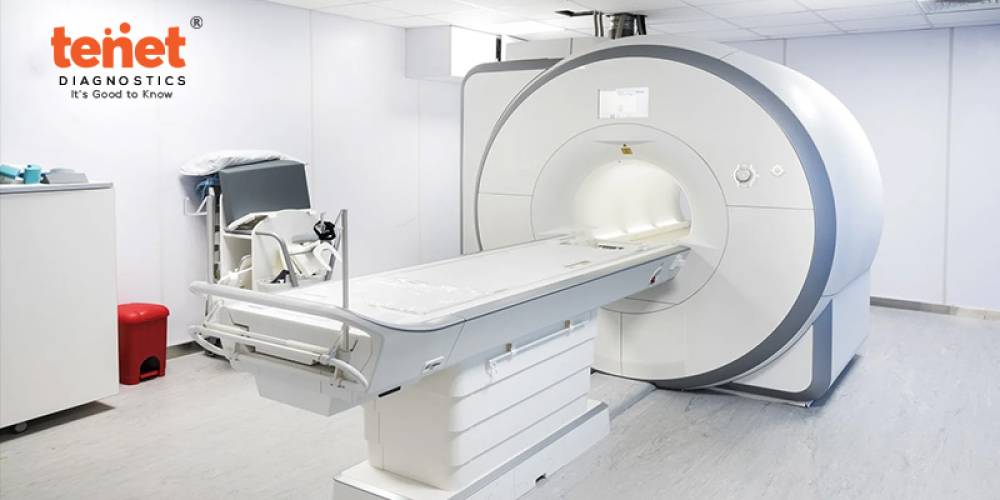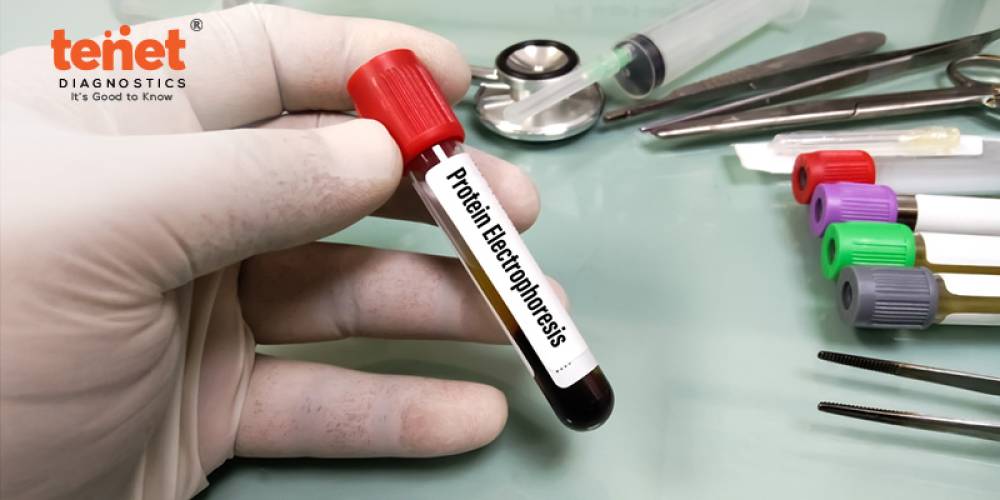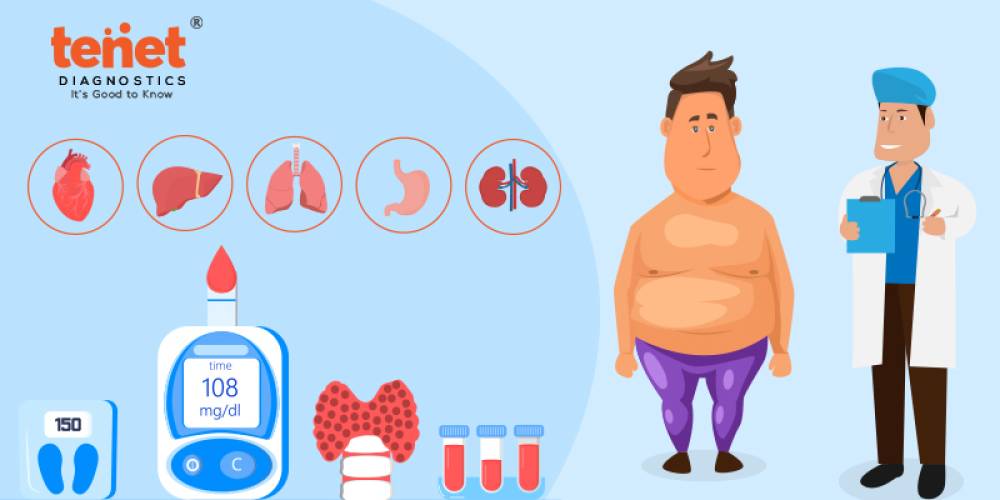An autoimmune disease known as rheumatoid arthritis results in joint discomfort and inflammation. It may eventually cause common injuries. Rheumatoid arthritis has no known cure; however, medication can help you manage your symptoms. Diagnosing rheumatoid arthritis is the initial step in developing a treatment strategy. Unfortunately, rheumatoid arthritis cannot be definitively diagnosed with a test. Multiple blood tests, however, may reveal that rheumatoid arthritis is most likely to be the source of your symptoms.
What is arthritis?
Arthritis is a condition marked by discomfort and swelling in one or more bones, which causes stiffness and joint pains. More than 100 different forms of arthritis exist. Their causes and methods of therapy vary. Adults over the age of 65 are most affected with arthritis. However, even young children, adolescents, and adults can develop arthritis. Women are more likely than men to experience arthritis-related issues. People who are overweight are more likely to create several types of arthritis. Injuries, aberrant metabolism, infections, and even inherited conditions can all lead to arthritis. Arthritis comes in many forms. The most prevalent forms of arthritis are:
- Osteoarthritis
- Rheumatoid Arthritis
- Psoriatic Arthritis
- Fibromyalgia
- Gout
- Lupus
Symptoms of Arthritis:
There are numerous types of arthritis, each with unique symptoms, but there are also sure universal signs of arthritis. Here are some of the most typical characters:
- A recurring or ongoing fever.
- Glands swelling
- Weakness and exhaustion
- Weight loss that occurs suddenly, abnormal heart, lung, and renal function, and joint pain and stiffness
Tests to check for arthritis:
The Arthritis Profile is made up of several tests that are used to both diagnose and categorize different types of arthritis. In addition, the following are tested to conclude the presence of arthritis:
1. Antinuclear antibody:
The diagnosis of various rheumatic disorders is made using the blood-based Antinuclear Antibody Test. Additionally, it can be utilized to detect the existence of the autoimmune condition Lupus. Even in cases where there is no evidence of lupus disease, this test may result in a positive result. Polymyositis, scleroderma, Sjogren's syndrome, and mixed connective tissue disease can all be identified with the antinuclear antibody.
2. Rheumatic factor:
Rheumatic Factor blood tests are used to identify rheumatic disorders. The Rheumatoid factor test assesses and tracks an individual's blood levels of Rheumatoid factor antibodies. Rheumatoid arthritis patients typically have good results from this test in their blood.
3. Uric acid:
The blood test for uric acid aids in diagnosing gout in patients. The disorder known as gout is characterized by the crystallization of too much uric acid and its deposit in the tissues, particularly the joints. The joints become inflamed or swollen as a result, which produces excruciating agony.
4. HLA tissue typing:
The presence of particular genetic markers in the blood can be found using the HLA tissue typing test. For example, the HLA tissue typing method determines whether a patient has reactive arthritis, which causes inflammation of the urethra, eyes, and joints, or ankylosing spondylitis, which causes inflammation of the spine and sacroiliac joint.
5. C-reactive protein:
A blood test called C-reactive protein gauges inflammation throughout the body. Even before the erythrocyte sedimentation rate (ESR), CRP can detect the emergence of inflammatory diseases. The C-reactive protein is frequently employed as a marker of disease activity in infections, rheumatic fever, tissue necrosis, and rheumatoid arthritis. Any hematological disorders, such as anemia and polycythemia, do not affect CRP levels.
Arthritis Tests Available a Tenet Diagnostic:
Arthritis profile: This test package will cover the profiles given below:
- Complete Blood Picture (CBP), EDTA Whole Blood
- Erythrocyte Sedimentation Rate (ESR), Sodium Citrate Whole Blood
- Rheumatoid Factor (RA), Serum
- Alkaline Phosphatase (ALP), Serum
- Anti-Nuclear Antibody (ANA) IFA, Serum
- Anti Streptolysin O (ASO) Titre, Serum
- Calcium, Serum
- C-Reactive Protein (CRP), Serum
- 25 - Hydroxy Vitamin D, Serum
- Uric Acid, Serum
- Phosphorus, Serum
This test costs about 3000/-. At Tenet, you can also avail yourself of pick-up services. This way, you can suffice for the test specimens from the comfort of your home. Since the latest technology is being used, the results will be delivered at the earliest.
- Rheumatoid arthritis test: This test package will cover the profiles given below:
- Complete Blood Picture (CBP), EDTA Whole Blood
- Erythrocyte Sedimentation Rate (ESR), Sodium Citrate Whole Blood
- Rheumatoid Factor (RA), Serum
- Antinuclear Antibody (ANA) IFA, Serum
- C-Reactive Protein (CRP), Serum
- Anti Cyclic Citrullinated Peptide (Anti CCP), Serum
- Uric Acid, Serum
This test costs about 3400/- at tenet diagnostics. For this test as well, there is a home collection available.
Preparations before undergoing the test:
Before the Arthritis profile, an overnight fast is preferred.
There are no brand-new drugs that are included.
You can continue taking all of your medications as usual. For additional advice, speak with your doctor.
Pregnancy and arthritis test:
If a pregnant woman already has arthritis of any kind, the doctor could advise that she take the arthritis profile test to see how well the body responds to the medication. Likewise, your doctor might advise you to take the Arthritis Profile if he notices you display signs of arthritis.
Final word:
A single test cannot diagnose rheumatoid arthritis. Nevertheless, several blood tests may point to rheumatoid arthritis as an accurate diagnosis. This is because inflammation and immune system proteins, which are frequently associated with rheumatoid arthritis, are detected in blood samples. The outcomes of these tests can be used to diagnose rheumatoid arthritis combined with imaging studies, a review of your symptoms, and other tests.
Frequently Asked Questions:
Can Rheumatoid Arthritis Test go Wrong?
Although rheumatoid arthritis (RA) tests are mostly accurate, there are a few factors, such as false positives and false negatives, that might impair their reliability.
Will Arthritis Show in Blood Test?
Osteoarthritis in particular does not frequently manifest as a distinct indication during blood tests. Osteoarthritis is a degenerative joint ailment that is mostly brought on by the wear and strain on the joints over time. There is minimal systemic inflammation related to this disorder.
Where Does Arthritis Start?
The precise joints affected by arthritis might vary based on the type of arthritis, which can affect any number of joints in the body. However, it is often from the knee joint from where arthritis emanates.

